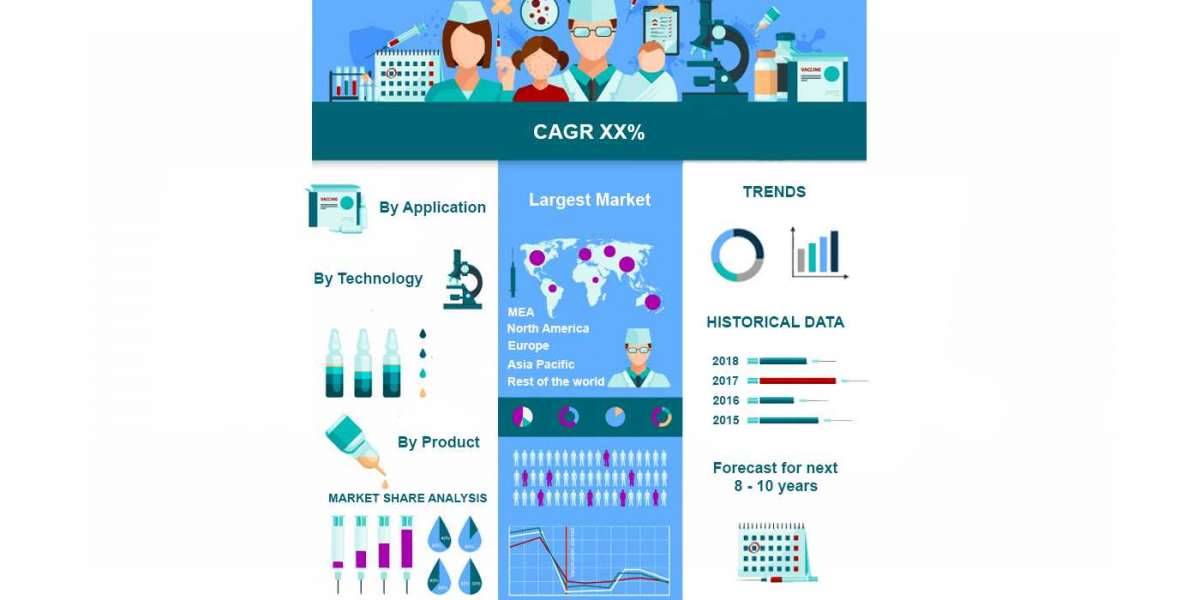Maintaining a good business credit score is crucial for securing financing, obtaining favorable terms with suppliers, and enhancing your company's reputation. Here are steps to effectively monitor and maintain good business credit.
1. Regularly Review Your Credit Reports
Obtain Credit Reports
Request your business credit reports from major credit bureaus like Dun Bradstreet, Experian Business, and Equifax Business. Regularly reviewing these reports helps you stay informed about your credit status.
Check for Errors
Carefully examine your credit reports for any inaccuracies or discrepancies. Common errors include incorrect payment histories, outdated information, and erroneous account details.
Dispute Inaccuracies
If you find any errors, promptly dispute them with the credit bureau. Provide documentation to support your claims and follow up until the issue is resolved.
2. Pay Bills on Time
Timely Payments
Ensure that all bills, including loans, credit card payments, and supplier invoices, are paid on time. Late payments can negatively impact your credit score.
Automate Payments
Consider setting up automatic payments to avoid missing due dates. This can help maintain a consistent payment history.
3. Maintain Low Credit Utilization
Monitor Credit Usage
Keep your credit utilization ratio low by not maxing out your credit lines. Aim to use no more than 30% of your available credit.
Request Credit Limit Increases
If your business finances are stable, request credit limit increases. Higher credit limits can lower your credit utilization ratio and positively affect your credit score.
4. Diversify Your Credit Portfolio
Different Types of Credit
Having a mix of credit types, such as revolving credit lines (credit cards) and installment loans (term loans), can improve your credit profile.
Responsible Credit Management
Manage each type of credit responsibly by making timely payments and keeping balances low.
5. Build Strong Relationships with Vendors and Lenders
Positive Payment History
Establish and maintain positive relationships with suppliers and lenders by consistently paying on time. Request that they report your payment history to credit bureaus.
Negotiate Terms
Negotiate favorable payment terms with suppliers. Longer payment terms can improve cash flow management and demonstrate reliability.
6. Monitor Financial Health
Regular Financial Reviews
Conduct regular reviews of your business finances, including cash flow, expenses, and debt levels. This helps identify potential issues early and take corrective action.
Budgeting and Forecasting
Implement effective budgeting and forecasting practices to manage your finances better and ensure you have the funds to meet all obligations.
7. Protect Your Business Information
Secure Business Data
Protect your business data, including financial records, to prevent identity theft and fraud. Use secure systems and regularly update passwords.
Monitor for Fraud
Regularly monitor your credit reports and financial statements for signs of fraud. Immediately address any suspicious activity.
8. Engage with Credit Bureaus
Update Business Information
Ensure that your business information, such as your address and contact details, is up-to-date with credit bureaus. Accurate information helps maintain a consistent credit profile.
Report Positive Activity
If your suppliers or lenders don’t automatically report to credit bureaus, ask them to do so. Positive payment history can significantly boost your credit score.
9. Seek Professional Advice
Financial Advisors
Consider working with financial advisors or credit experts who can provide guidance on maintaining and improving your business credit.
Credit Building Services
Utilize credit building services that can help you establish and improve your business credit profile.
Conclusion
Monitoring and maintaining good Business Credit is an ongoing process that requires diligence and proactive management. Regularly reviewing your credit reports, making timely payments, maintaining low credit utilization, and building strong relationships with vendors and lenders are essential practices. By staying informed and taking strategic actions, you can ensure your business credit remains strong, providing access to financing and favorable terms that support your business's growth and success.









